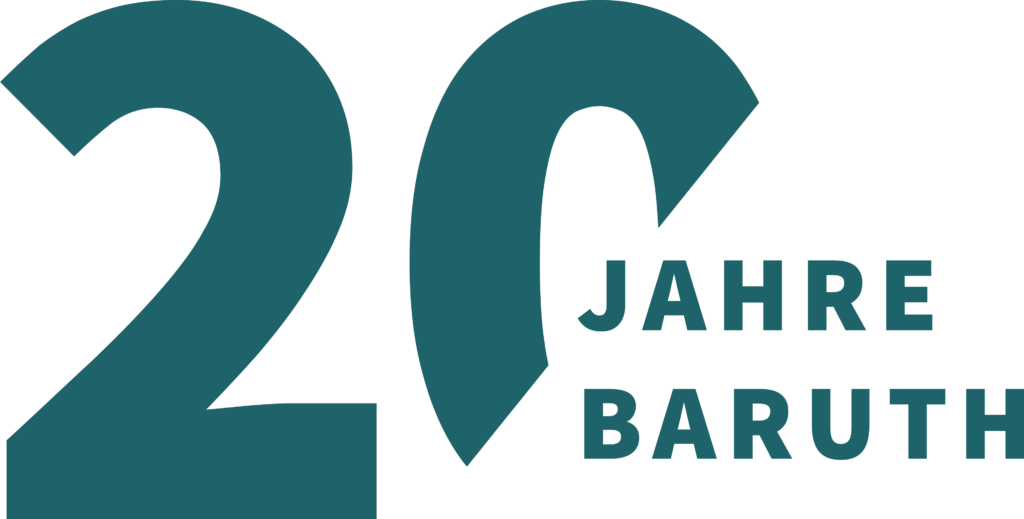
At Fiberboard we produce well over 500,000 cubic metres of HDF boards a year, around the clock, which are then processed into laminate at CLASSEN Industries opposite. Of course, we can only use as little downtime as possible for the equipment. The entire plant in Baruth is more or less a line. If one line is down, the entire production is down. That's why we are proud that we at Fiberboard can operate our production facilities with an average availability of 95 percent.
In the past, we used to carry out major repairs every six months; today, there are 1.5-2 years between maintenance interruptions. This required an adjustment of the maintenance strategy and our permanent control and preventive measures are very important for avoiding unplanned breakdowns. Every member of the team knows exactly what to look out for and everyone is really good about it.
We even plan the maintenance interruptions in great detail. We prepare many conversions and modifications in the weeks and months before the interruption in order to save time during the downtime of the plant for pure assembly. All work from shutdown to heat-up and start-up is coordinated in advance so that the fitters do not interfere with each other and dangers are avoided.
During major maintenance shutdowns, 600 to 1000 external fitters such as electricians and mechanics, but also cleaning staff and many other different service providers are on our factory premises. During shorter shutdowns of about 12 hours, there are about 100. We provide them with containers for changing rooms and showers on our premises. On the whole, we stay within the planned time frame, which is a great achievement every time by the whole team, all departments and the external staff.
Review
When I joined the CLASSEN Group here in Baruth in April 2007, everything was still very different. Fiberboard was already under construction and there were many cranes. There was only sand, foundations, steel and machines everywhere that had to be set up. Even when production started a few months later, there were still no paved roads and the facades of the production buildings were mostly still open. All the higher facilities could only be reached via scaffolding. Excavators, lifting equipment and lifting platforms often had to be freed from the sand with a forklift truck. The mechanical workshop where I worked at that time was housed in a construction tent, and in general, electrical and mechanical maintenance still took place a lot in tents and containers back then. It was a time when we had to improvise a lot. We still lacked the simplest tools, spare parts and machines for maintenance.
It is all the more gratifying that we were given the means to build up a large, well-equipped workshop in both the electrical and mechanical areas over the years. Today we have a small machine park for mechanical maintenance, among other things for sheet metal processing as well as for turning, milling and welding work. These machines are very important when a machine has to be repaired quickly. In the electrical area, we are also well equipped with diagnostic devices and test benches, and we can train and develop our personnel well here. We are also already well positioned for monitoring the machines. We have a large, extensive spare parts magazine. Every machine part that causes major downtime has to be in stock. Nevertheless, it sometimes seems as if the part you need is always not there.
What I like
Today we are a highly automated factory with high technical demands. It helps that we have short lines of communication to the management for issues that need to be resolved quickly and that we also get the funds we need for maintenance. No two days are the same, and that's why it's fun to work here. But there are also days when you ask yourself when a machine breaks down: How is that, how can that be? But with 95% availability, there are of course many days when we go about our normal daily business and work on making our plant even better, planning revisions and projects.
What motivates me
I'm impressed by how the plant has developed since 2007 until today, to see how machines and people are constantly evolving, how we manage to always stay on the current technical and technological level and to develop the plant further in order to always be one step ahead if possible. This means, for example, that we are also already implementing Industry 4.0 at Fiberboard by digitising and intelligently networking our production facilities.
It always motivates me to have such motivated staff in my team myself that I already have to force some colleagues to go home at the end of the day.
Our future
For the future, I hope that we will manage to build a training workshop at the Baruth site so that we can train the staff we need for both factories ourselves. This could help us a lot with our somewhat remote location and the poor bus and rail connections, as well as the general problem of skilled workers.
We like to work with external service providers, universities and student trainees with whom topics can be analysed and worked out in depth. Here we have had very good experiences with involving young people intensively in practice during their training. We have colleagues in the team who started as students and now have responsibility in the company.

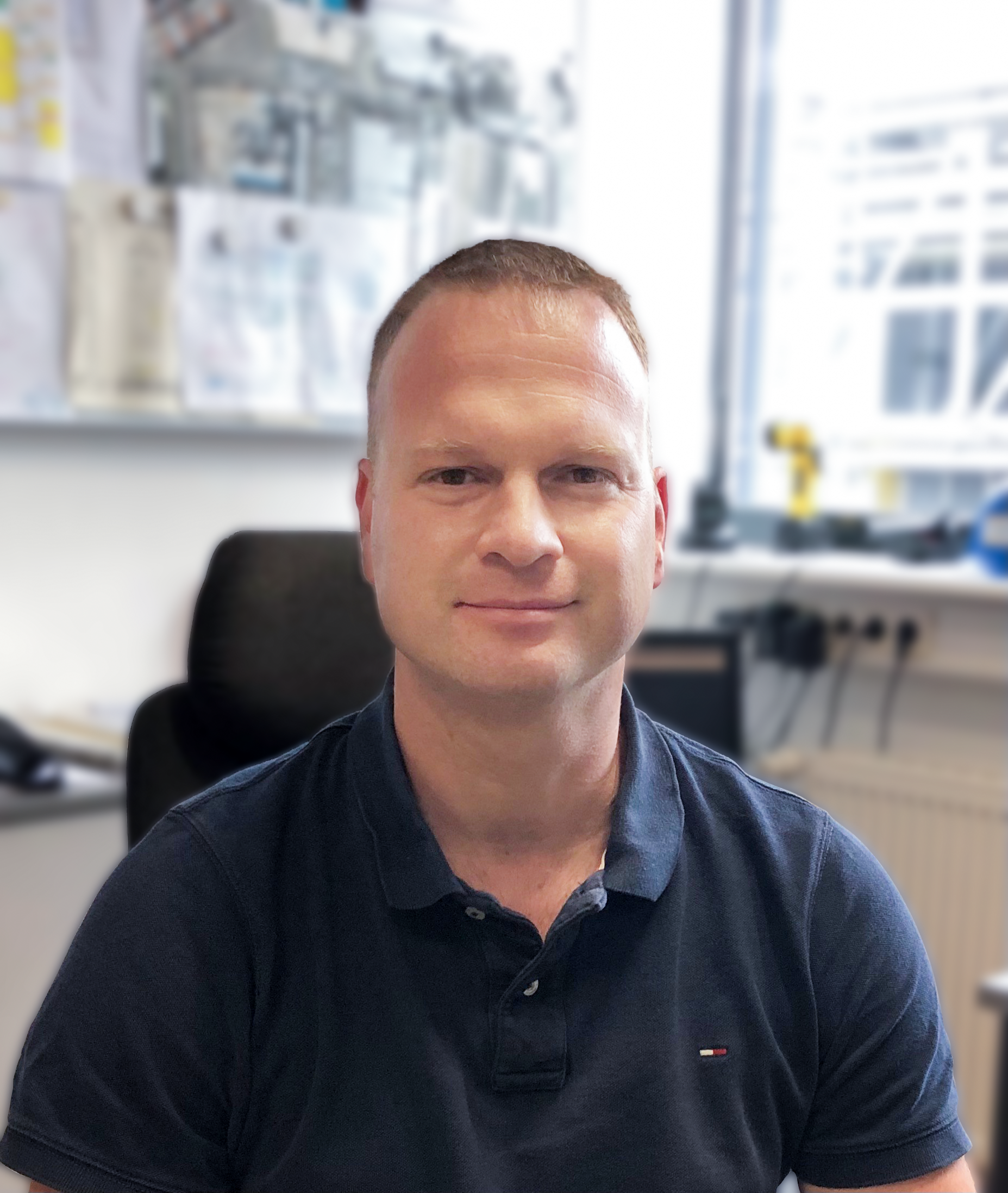
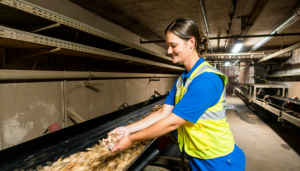
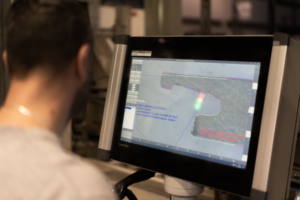
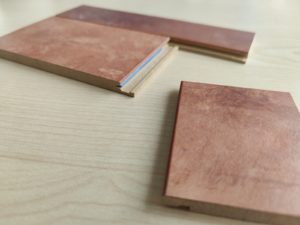
One Response
Sehr interessanter Bericht und Einblick in eine moderne , vorbeugende Instandhaltung. Auch bemerkenswert die Unterstützung der Dienstleister beim Thema Unterbringung während den Wartungsphasen.